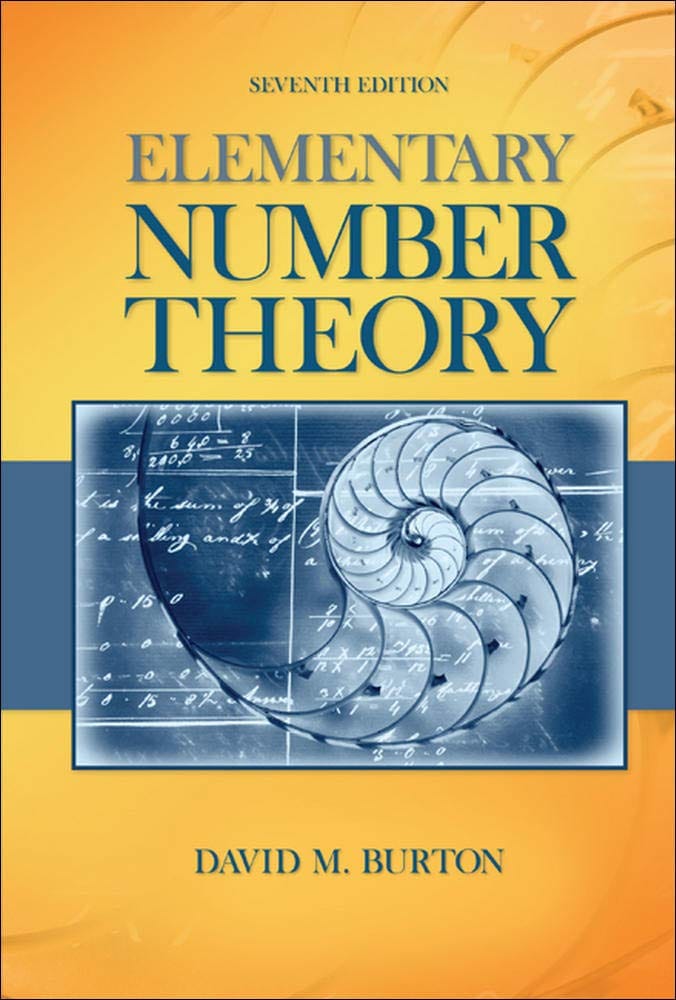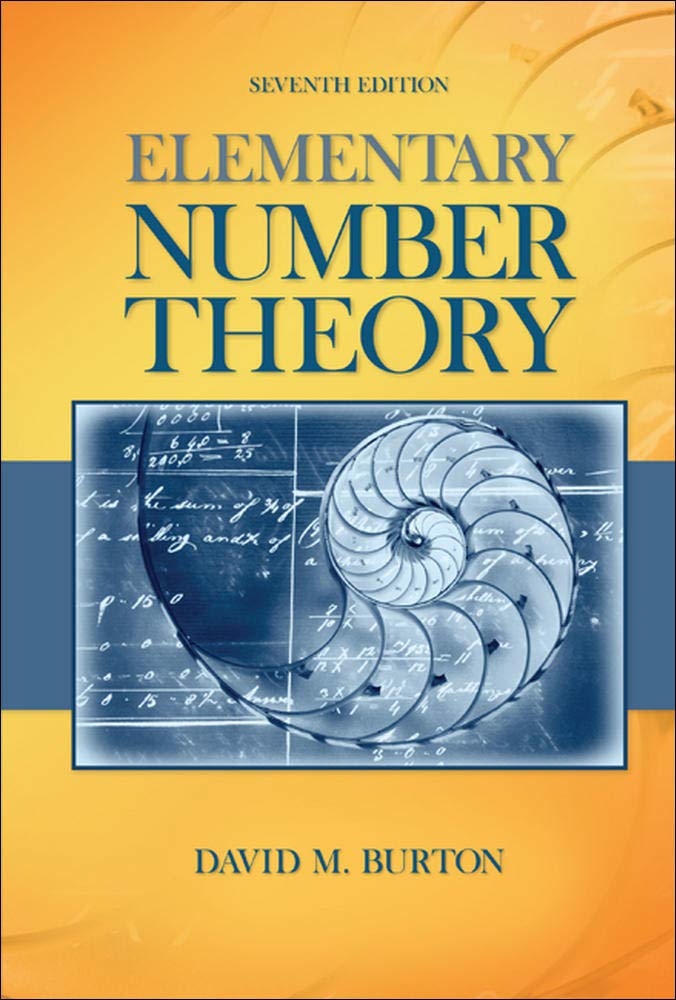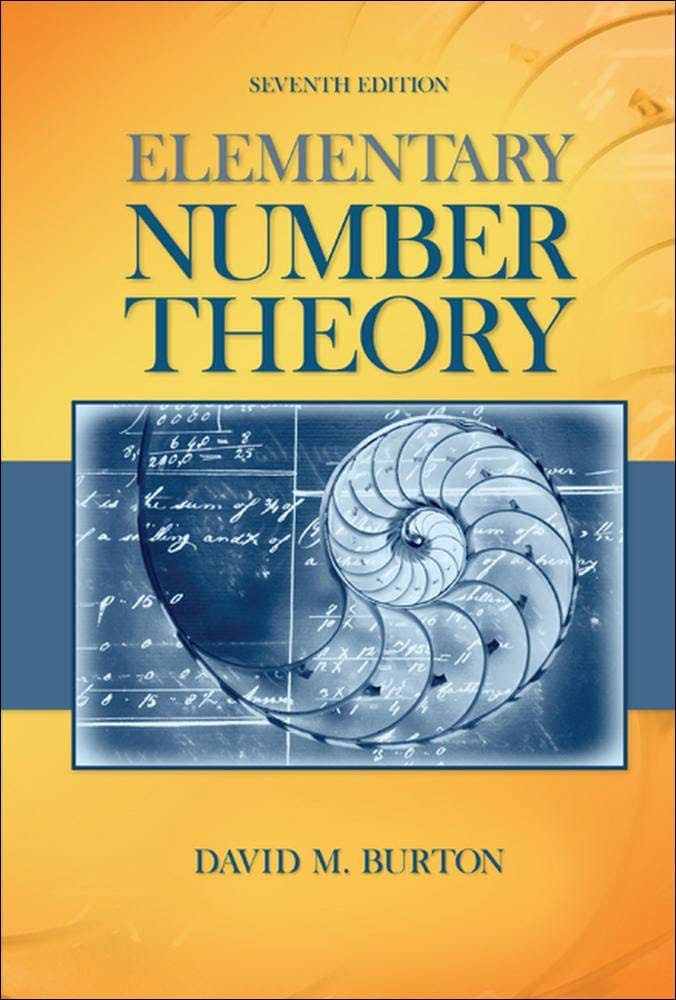
Elementary Number Theory Problems 3.3 Solution (David M. Burton's 7th Edition) - Q28
My Solution for "(a) If $n > 1$, show that $n!$ is never a perfect square. (b) Find the values of $n \geq 1$ for which $$n! + (n + 1)! + (n + 2)!$$ is a perfect square. [Hint: Note that $n! + (n + 1)! + (n + 2)! = n!(n + 2)^{2}$ .]"
Background
All theorems, corollaries, and definitions listed in the book's order:

I will only use theorems or facts that are proved before this question. So you will not see that I quote theorems or facts from the later chapters.
Question
(a) If $n > 1$, show that $n!$ is never a perfect square.
(b) Find the values of $n \geq 1$ for which $$n! + (n + 1)! + (n + 2)!$$ is a perfect square.
[Hint: Note that $n! + (n + 1)! + (n + 2)! = n!(n + 2)^{2}$ .]
Solution
(a)
For a perfect square, all the prime factors should appear an even number of times. We want to show that the largest prime in $n!$ only appears once.
Let $p$ be the largest prime appear in $n!$. By Bertrand's Postulate, there exists a prime $q$ such that $\frac{n}{2} < q < n$. We know $p \geq q$, so $\frac{n}{2} < p \leq n$.
The only way for $p$ to appear more than once in $n!$ is that there exists a integer $a$ where $p < a \leq n$ and $a$ contains $p$ as a factor. But that is impossible as $2$ is the least prime and $n < 2p$ from the inequality above.
(A more detailed explanation:
The rest is for Premium Members only
SubscribeAlready have an account? Log in

